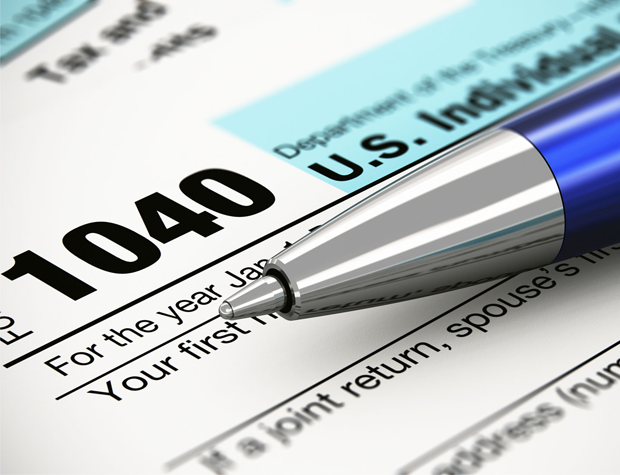What to do with your tax refund if you have a metabolic disorder
 If you’re like most Americans, whether or not you have a metabolic disorder, you’re either spent Tuesday putting the finishing touches on your taxes, or waiting for your refund. For those of you lucky enough to be getting money back, we have some suggestions about what to do with your check.
If you’re like most Americans, whether or not you have a metabolic disorder, you’re either spent Tuesday putting the finishing touches on your taxes, or waiting for your refund. For those of you lucky enough to be getting money back, we have some suggestions about what to do with your check.
Save it for your 2019 deductible
Every January, we hear from people with PKU and other metabolic disorders who struggle to find the money for formula or low-protein food because they must pay a high deductible before insurance will reimburse their expenses. We help when we can, but it breaks our hearts to see our customers suffering.
Many families have high expenses at the beginning of the year – paying off credit cards from holiday purchases, semester fees for schools, real estate taxes, snow plowing and storm damage repairs in the north – and money can be tight. Putting away some money for your deductible now can make life a little easier at a bleak time of year.
Set up a healthcare savings account
Healthcare savings accounts (HSAs) are just one type of account you can use to save money for qualified medical expenses. They’re intended people who have high deductible health plans (HDHP) which have high deductibles – a minimum amount out-pocket money plan members must pay before the HDHP will cover. In 2018, the minimum deductible for a plan to be an HDHP is $1,300 for individuals, and $2,600 for family plans.
HSA deposits and withdrawals are tax exempt. You’re not taxed on the money in an HAS when you put it in or when you take it out. Even better, the money is always yours. It stays in your account until you are ready to use it, and a balance can be rolled over into the next year.
Apart from the tax advantages, HSAs have the benefit that they’re “portable.” If you change jobs or move to a different state, your HSA goes with you.
Consult a finance professional to figure out if an HSA is right for your family.
Spend it… maybe
You may be able to save money on your taxes next year by spending more than 7.5% of your income on medical and dental expenses. Some people “bundle” their medical expenses by scheduling expensive dental work, surgery, and visits with specialists in a single tax year to take advantage of these deductions. The catch is that you have to spend a lot of money to get this deduction, and the savings may not be that big.
The problem is that you can’t deduct all the money you spend – just the spending that’s over 7.5% of your adjusted gross income, and only If you itemize deductions on your taxes. For example, if your income is $50K, and you spend 10% of your income ($5K) on medical expenses, you can only deduct $1250 from your taxable income, not the full $5K. If you’re in a 20% tax bracket, your taxes will shrink by $250 – a good chunk of money, but small potatoes compared to the $5,000 you spent.
Whatever you choose to do with your refund, we hope it leaves you in good health. Because here at Cambrooke, our goal is to help everyone feel balanced, and feel better – even during tax season.

Leave a Reply
You must be logged in to post a comment.